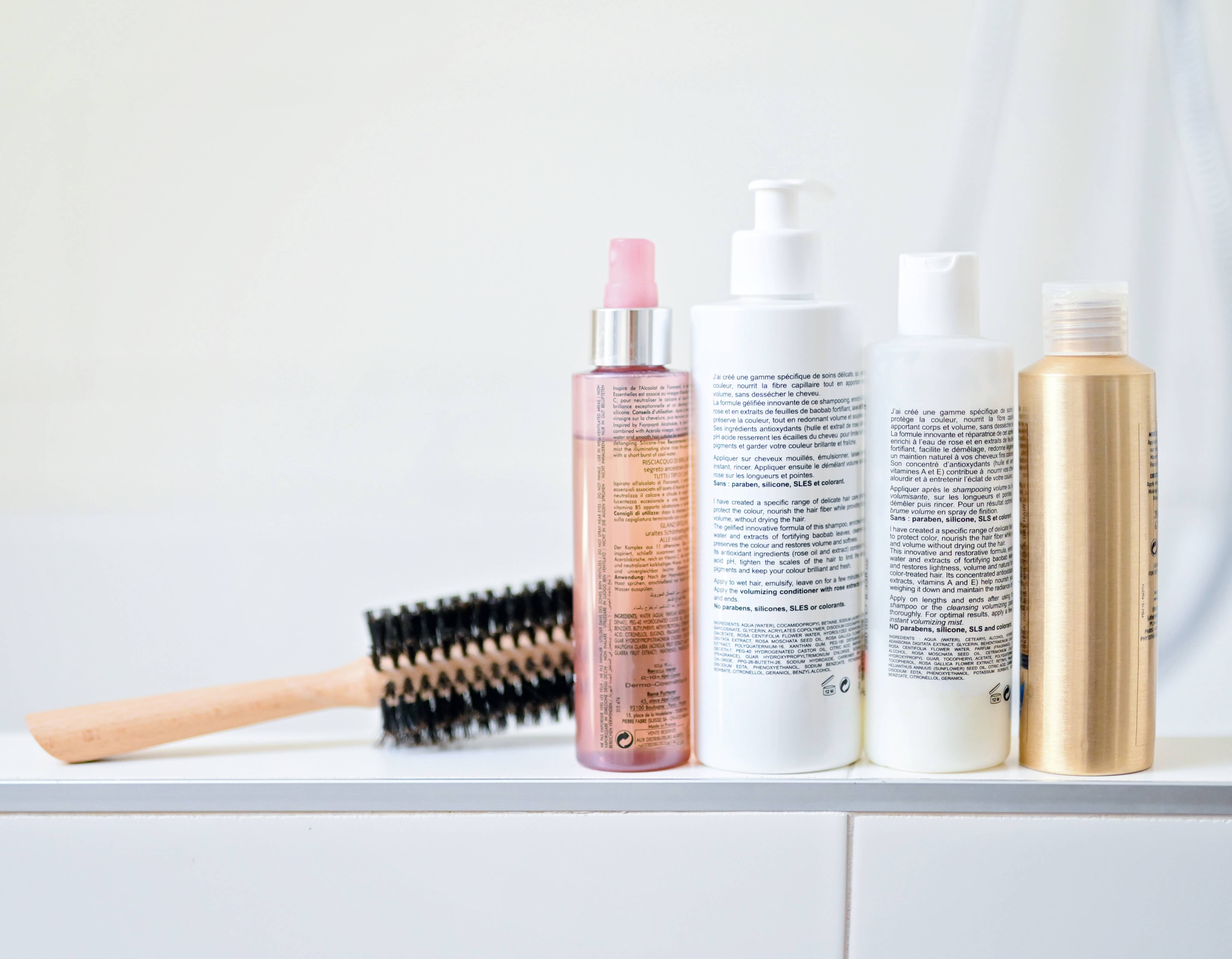What does cosmetics mean? How is the term 'cosmetic products' interpreted by the U.S.?
2024.09.09
When we hear the phrase "cosmetic products," most people immediately think of items like foundation, eyeshadow, lip gloss, and nail polish. However, it might surprise many to learn that there are official legislative definitions of cosmetic products in various countries, and these can vary slightly from one nation to another.
The U.S. Perspective
In the United States, the Federal Food, Drug, and Cosmetic Act (FD&C Act) defines a cosmetic as "articles intended to be rubbed, poured, sprinkled, or sprayed on, introduced into, or otherwise applied to the human body...for cleansing, beautifying, promoting attractiveness, or altering the appearance." This broad definition encompasses a wide range of products that enhance personal appearance.
The Modernization of Cosmetics Regulation Act (MoCRA)
In 2022, the Modernization of Cosmetics Regulation Act (MoCRA) was enacted, with provisions taking effect from December 29, 2023. This significant legislative update extends the authority of the U.S. Food & Drug Administration (FDA) in overseeing cosmetic products. Under MoCRA, a "cosmetic product" is now defined as "a preparation of cosmetic ingredients with a qualitatively and quantitatively set composition for use in a finished product." This refined definition aims to enhance consumer safety and product efficacy.
Are These Categorized as Cosmectic Products?
The classification of certain products can sometimes lead to confusion. Here’s a closer look at how specific items are categorized in the U.S.:
Sunscreen Products
In the U.S., unlike in the EU, sunscreen products are not categorized as cosmetic products. They are considered over-the-counter (OTC) drugs by the FDA and must adhere to the monograph for sunscreen drug products (current version: September 24, 2021), which governs the use of active sunscreen ingredients, approval for using combinations of active ingredients, labeling, and testing for determining sunscreen efficacy.

Massage Products
Whether a massage product is classified as a cosmetic product depends on its purpose. If a massage oil is used to facilitate skin massage, such as lubricating the skin, it's likely to be categorized as a cosmetic product in the U.S. However, if a massage oil is meant to alleviate muscle pain, it wouldn't be considered a cosmetic product, instead, it would likely be classified as a drug.

Shampoo
In the U.S., shampoo for hair cleansing is regarded as a cosmetic product. However, if it also aims to manage symptoms of dandruff, seborrheic dermatitis, and/or psoriasis, it is both a cosmetic and a drug. It would likely be classified as an over-the-counter (OTC) drug by the FDA, and must adhere to the monograph for drug products (current version: December 16, 2021), which governs the use of active ingredients, approval for using combinations of active ingredients, and labeling.

Key Regulations
All cosmetic products in the U.S. must adhere to strict regulations. They cannot claim to diagnose, cure, mitigate, treat, or prevent disease, nor can they affect the structure or function of the human body. If a product makes such claims, it may be reclassified as a drug under the FD&C Act.
While the FDA offers guidance on the classification of cosmetic products, it's still recommended to seek advice from the relevant authority for any product that falls into a grey area to determine its status and classification.
Please subscribe and contact us at TIC Mall for more details.









